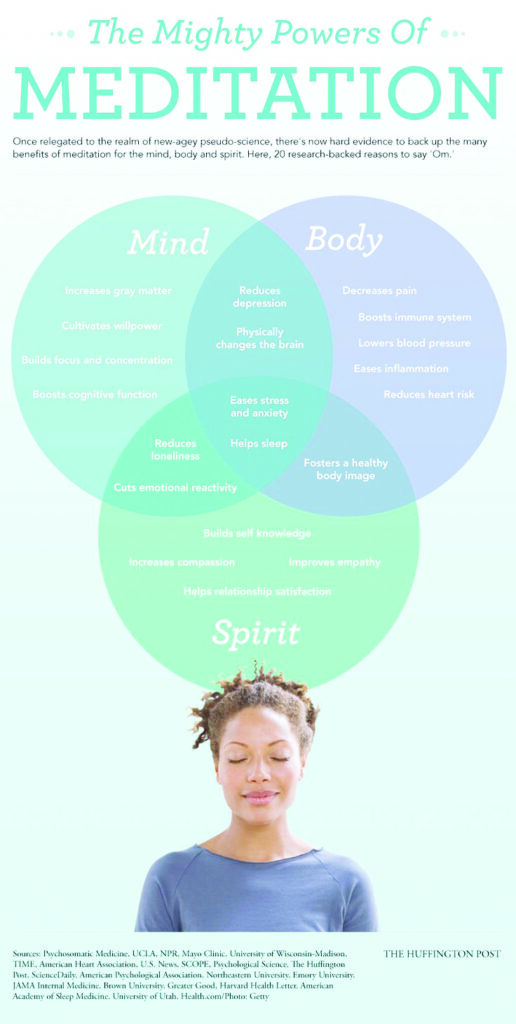By Pr Isaiah White
Religions from the East, including Judaism, are meditative in their quest for health, wellbeing, and development of esoteric powers.
In most of these religions, meditation has been exercised for both physical and spiritual health.
The practice of meditation is as old as the human psychic.
Humanity has always taken time to meditate upon life; a practice that has continuously influenced the human environment and events.
King David said in Psalms 4:4: “Meditate within your heart on your bed and be still.”
He was not introducing a new concept to his audience (then and now).
In the modern days, there are fewer people who intentionally take time to meditate.
These have a different quality of life from the majority who do not.
In the days of King David, many religious people exercised meditation.
The goal was to control the psychological and physiological processes of their systems.
Among religions from the Eastern such as Budism, the goal of Yoga (psychophysical exercises), for instance, is to develop the soul’s independence from the body.
This is practiced with the view that when one dies, the soul avoids reincarnation and dissolve into the primordial impersonal spiritual substance.

This, however, is not the goal of the meditation that King David talks about.
Christian meditation
Unlike the eastern version, Christian meditation is a worship gesture. It is filling ourselves with the Word of God and surrendering to His will.
Christian meditation is communion and fellowship with God. It is founded on Biblical study and not on feelings.
Those who have not studied the Bible do not qualify to meditate because their meditation is founded on feelings, not findings.
In relation to this, it is recorded that the Lord said to Joshua: “Study this Book of instruction continually.
“Meditate on it day and night so you will be sure to obey everything written in it. Only then will you prosper and succeed in all you do” (Joshua 1:8).
The Lord introduced the subject of meditation to Joshua with the act of study.
Christian meditation is not mythical or mystical. It is thoughtfulness derived from divine revelation.
This revelation is majorly accessed through proper study and that is why Christians who are studied are meditators.
Lectio Divina
Lectio Divina is a Latin phrase meaning ‘divine reading’. It is a meditative way of reading the Bible in which one lets go of their agenda, and open up to what God is saying to them.
The process of meditation starts with reading (study), contemplation (thinking of what has been revealed to you), praying (having a conversation with your God), and action (doing something about what you already know).
Apostle Paul cautioned Timothy to: “Be diligent in these matters, be absorbed in them, so that your progress may be evident to everyone” (1Timothy 4:15).
Just like Paul, the Psalmist instructed us to meditate because doing so would determine the kind of future we would have.

Meditate
As Christians, we are commissioned to meditate. Christians are or ought to be serious people who consider detail.
The Bible gives examples of people who took the practice of meditation seriously.
Isaac, the patriarch exercised meditation in his youthful years.
In Genesis 24:63, we see Isaac reflecting on his anxiety. As he does that, he is able to find answers.
In Psalms 143, David meditated on his past experiences with God when his current experience was overwhelming.
He said: “Therefore my spirit is overwhelmed within me; my heart is appalled within me.
“I remember the days of old; I meditate on all your doings; I muse on the work of your hands” (Psalms 143:4-5).
Have you ever taken time to meditate on your journey with God from the past to the present?
Apostle Paul calls upon all Christians to meditate: “Finally, brethren, whatsoever things are true, whatsoever things are honourable, whatsoever things are just, whatsoever things are pure, whatsoever things are lovely, whatsoever things are of good report; if there be any virtue, and if there be any praise, think on these things” (Philippians 4:8).
After a sermon, Bible study, fellowship, or a miracle, a Christian is called to think and meditate about these deeds if they are to grow in faith.
The writer is a life coach and pastor.
Contact: +256 775 822 833
whitemwine@gmail.com






















